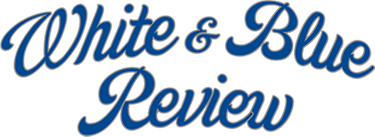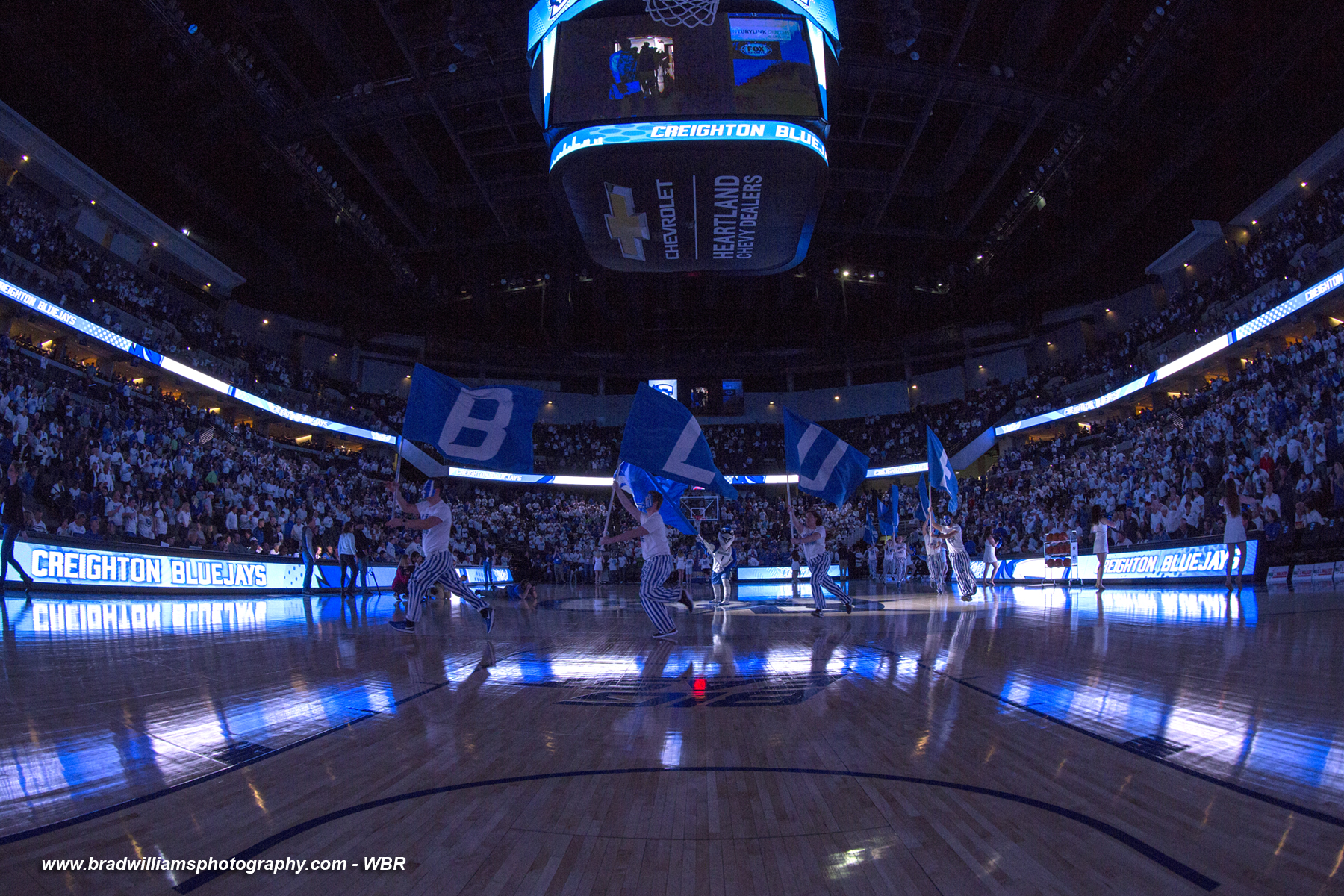Last Thursday, Darian “D-Rock” DeVries finally got a well-earned opportunity to build his own program when he accepted the head coaching job at Drake. It didn’t take Greg McDermott long to find a replacement for him in Omaha, announcing today on Twitter that he had hired former Missouri State head coach Paul Lusk to join his staff.
“I’ve known Paul Lusk for 15 years,” Creighton coach Greg McDermott said in a press release. “He is a man of high character and integrity. His connections throughout the country will aid in our recruiting efforts. His passion, work ethic and enthusiasm to teach the game is a perfect fit for our coaching staff. We can’t wait to welcome him and his family to Omaha.”
It’s easy to see why McDermott would want an experienced coach to take DeVries’ spot; D-Rock had spent two decades at Creighton and was trusted with scouting reports, game prep, running summer workouts, and other tasks that head coaches at other schools often tackle themselves. But why Lusk would take an assistant role when there were surely offers for head coaching jobs at lower level schools is perhaps less easy to understand, at least on the surface.
Does he have any apprehension about being an assistant coach in his new role? He dismissed those thoughts out of hand in a discussion with WBR’s Matt DeMarinis on Tuesday afternoon.
“There were other (jobs) that were possibilities, but it was really important for me — because of who I am — to be with good people. People say that all the time, but those who know me know that’s what I’m about, and I don’t think there is anybody better in college basketball than Coach Mac. He has a great staff, he’s got great people. Ras is just terrific. It was a great move for my family. I’m excited to be here. I know they do things the right way.”
Lusk played one-and-a-half seasons for Tom Davis at Iowa, suffering a leg injury during his first start for the Hawkeyes and never really recovering until after he transferred to Southern Illinois. Playing for Valley coaching legend Rich Herrin, he scored 1,031 points as part of three NCAA Tournament teams with the Salukis.
His Division 1 coaching career began where his playing career had blossomed, in Carbondale. Lusk spent one season under Matt Painter before moving to Purdue when Painter became coach-in-waiting during the legendary Gene Keady’s final season on the bench. He was an assistant on Painter’s staff in West Lafayette for six years, a stretch where the Boilermakers went to five NCAA Tournaments and advanced to the Sweet 16 twice. After his longtime friend Cuonzo Martin departed Painter’s staff at Purdue for the head job at Missouri State, Lusk was promoted to associate head coach and was in that role during both of the Boilermakers’ Sweet 16 runs — teams that ranked among the best defensive clubs in Division 1.
He followed his friend’s path, taking over Missouri State’s program in 2011 after Martin left for Tennessee. Over seven seasons, his teams compiled a 106-121 record, and were 51-75 in Valley play. He took them to the postseason one time, a 2014 berth in the CIT. And though his record was underwhelming, his teams followed the blueprint established at Purdue with tough, hard-nosed defense.
In his first season, the Bears had high expectations — under Cuonzo Martin the year before, they had won the program’s first-ever regular season MVC title, and returned all-conference player Kyle Weems. And in his very first MVC game as a head coach, he defeated #19 Creighton 77-65 at CenturyLink Center as the Bears’ tenacious defense put the clamps on Doug McDermott and Co. The Jays got revenge three weeks later, winning 66-65 in Springfield, though it was another game where the Bears’ defense made life miserable for CU.
But they limped to a 9-9 finish in the league, lost to Evansville in the quarterfinals of Arch Madness, and ended a promising season on a sour note. That would be the story for his entire tenure in Springfield — highs and lows, with more lows than highs. A longform feature in the Springfield News-Leader after his firing last month goes into far more detail on his time at Missouri State than we’ll go into here, and is a great look at his Bears’ teams year-by-year.
His final Missouri State team was his best defensive squad, holding opponents to an effective field goal percentage of 47.5% (ranking 34th in the NCAA) and an offensive rebound percentage of just 25.8% (57th in D1). That was largely due to a pair of big men he recruited to Springfield in Obediah Church and Alize Johnson, who formed the backbone of a terrific defensive squad. Church, an MVC All-Freshman team pick in 2015-16 and an MVC All-Defensive team pick in both 2016-17 and 2017-18, has averaged nearly 2.5 blocks a game through his first three seasons to rank among the Top 20 nationally in blocks while consistently ranking among the league leaders in rebounds. And Johnson, who had 17 double-doubles in 2016-17 en route to MVC Newcomer of the Year honors in his first season at MSU after transferring from junior college, averaged a double-double as a senior with 15.0 points and 11.6 rebounds a game. He was first-team All-MVC this season.
He brought talent to Springfield, even if the won-loss record didn’t reflect it. During his seven seasons, he coached six All-MVC players, four All-Freshman team players, and four members of the All-Newcomer team. He’ll be tasked with recruiting much of the same geographic area that DeVries covered, and seems to have the midwestern connections to be successful. Can that translate to the Big East?
“I’ve been on this level,” Lusk said on Tuesday. “I was at Purdue and worked for another great guy and good friend [in Matt Painter], so I think the one thing that has to happen is it’s not about what kind of player I like, it’s about what kind of player Coach Mac wants and what fits with him. I think talent is the easy thing to identify. You have to search a little bit deeper than that and find out who fits with your institution, who fits with the staff, and who fits with the players. That will all be discussed in these next couple weeks.
“But I don’t think there is a major jump. It’s easy to go find good players. It’s about whether or not you can find the right person for your program. Looking ahead to 2019 and what’s needed, obviously this is an important time so it’s about getting all that figured out and getting a grasp on it. I think we’ll do all that when we meet as a staff.”

